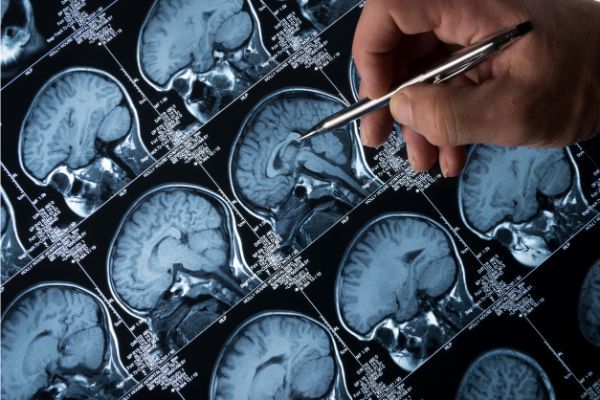Brain scan evidence is a fast-evolving area of science. Although it’s still developing, these techniques are playing an increasing role in criminal trials.
Research by Duke Law found hundreds of cases over the last 10 years were influenced by the results of brain scan analysis. The results of MRI and CAT scans that can point to brain abnormalities were used to make a case for leniency in about 5 percent of murder cases, Phys.org reported.
However, the use of brain scan evidence rose to a quarter of all cases in death penalty trials. The evidence is often used to support a claim that the defendant lacked the capacity to control his actions.

It’s not clear if this evidence is beneficial or detrimental to the defendant in these cases.
Some supporters of brain scan evidence argue it may make a judge or juror less likely to want to punish a defendant for his or her crime. Evidence of a brain disorder suggests the defendant had less intent to commit the crime.
Alternatively, brain scan evidence may make the offender appear to be more predestined to violence and more dangerous. Under this argument, he or she would be more likely to re-offend in the future.
A survey by Phys.org found the use of neurobiological evidence like MRIs is more likely to lead to shorter prison sentences and longer involuntary hospitalization terms than the equivalent psychological evidence.
The evidence suggested brain scan evidence is more effective in establishing an insanity defense. People found to be guilty except insane in Arizona face a term of confinement in a secure institution equivalent to the length of time they would have served in prison if they were found guilty.
Brain scan evidence can play an important part in criminal cases but there is a limit to the ability of MRIs and CAT scans to pinpoint complicated mental disorders.
When mental illness is a factor in a criminal proceeding it’s important to talk to a lawyer who is well versed in these issues. If you or a family member with a mental illness has been arrested in Arizona, please call me at (602) 340-1999.


